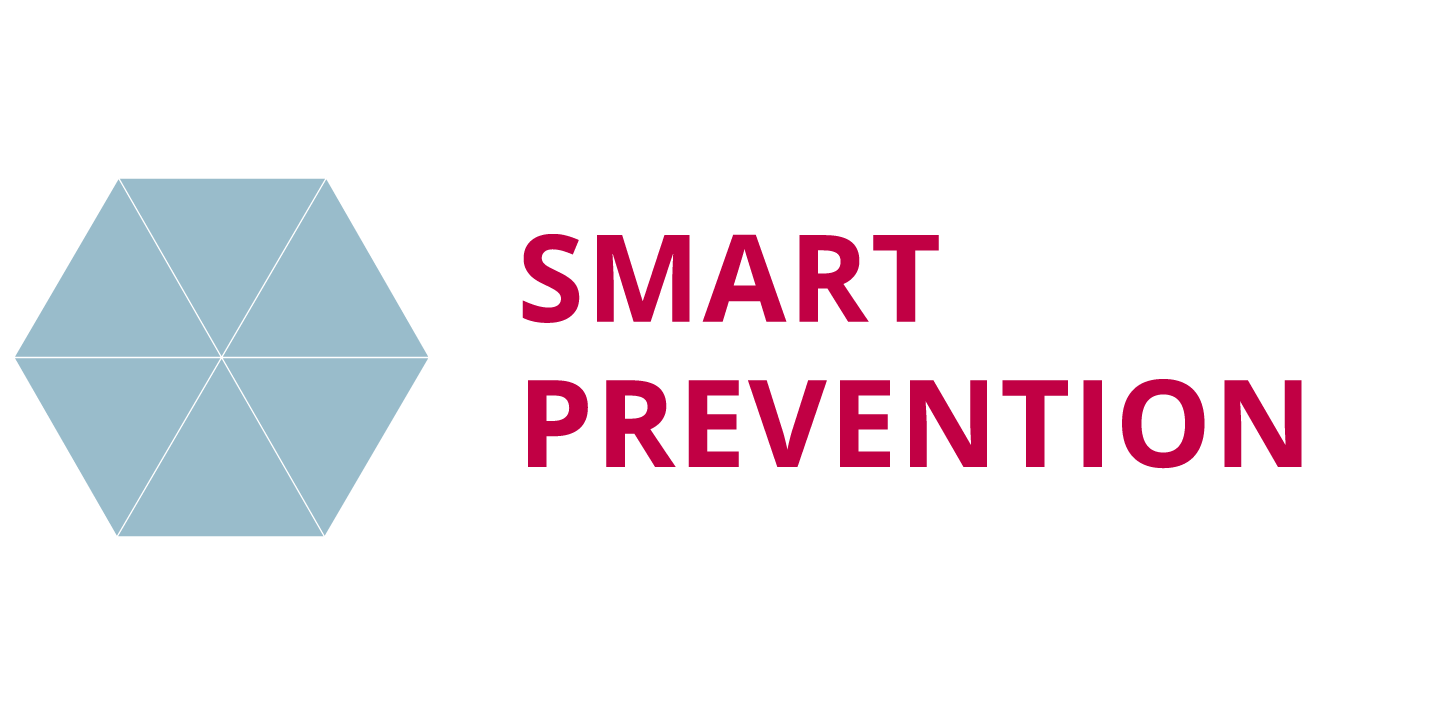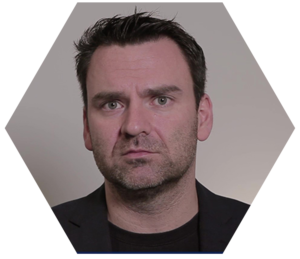- Criminology / Chances / Prof. Dr. Thomas Görgen
Prof. Dr. Thomas Görgen
Chancen
- Görgen: Phenomenon
- Görgen: Threat
- Görgen: Vision
New options have also emerged in the field of prevention. Procedural approaches have been developed to reduce the opportunities for crime, to make it more difficult for a perpetrator to commit a crime and to provide victims with fast and sustainable support. Some of these approaches have now become so much a part of our everyday life that we hardly notice them anymore. If we unlock our smartphone today with a fingerprint, then this is nothing more than a biometric way of crime prevention, because if this device gets into the hands of a thief, then he will usually not enjoy it very much. Such biometric access controls are a fundamental way of digital crime prevention. A way that can also have its downsides, that can conflict with data protection, that can also conflict with discriminatory practices aimed at certain groups of people who are to be denied access to certain premises that are to be protected. In addition to such access controls, based primarily on biometric data, we have also seen a boom in recent years in crime-prevention apps that have been developed. We have mostly localised these apps at the level of private users. For example, there is an app that gives victims of sexual harassment in public places the opportunity to draw attention to this fact very loudly. Another app connects victims of violence with people they trust, who can then be informed very quickly in case violence is used. In Great Britain, an app is currently being tested especially for people with speech and hearing impairments, which will enable them to use sign language to send messages in an emergency situation. Overall, we still know very little about the impact and effectiveness of these digitalised prevention approaches. They are still new and there is little evaluation research on them. Some of the success stories that have been reported, must perhaps be viewed a little critically, especially when it concerns surveillance technology, in view of the fact that we are also dealing with a market there.

Prof. Dr. Thomas Görgen
- graduate psychologist
- since 2008 Professor at the German Police University (Münster) and Head of the Department of Criminology and Interdisciplinary Crime Prevention
- Study of psychology at the University of Trier
- Research assistant at the University of Trier, the Justus Liebig University of Gießen and the Criminological Research Institute of Lower Saxony (Hanover)
- Lectureships at various police and public universities
- Current research interests include: political extremism / radicalisation / prevention of radicalisation; violent crime; victimisation in vulnerable populations; crime prevention strategies and approaches
- Phenomenon
- Threat
- Chances
- Vision






Comments